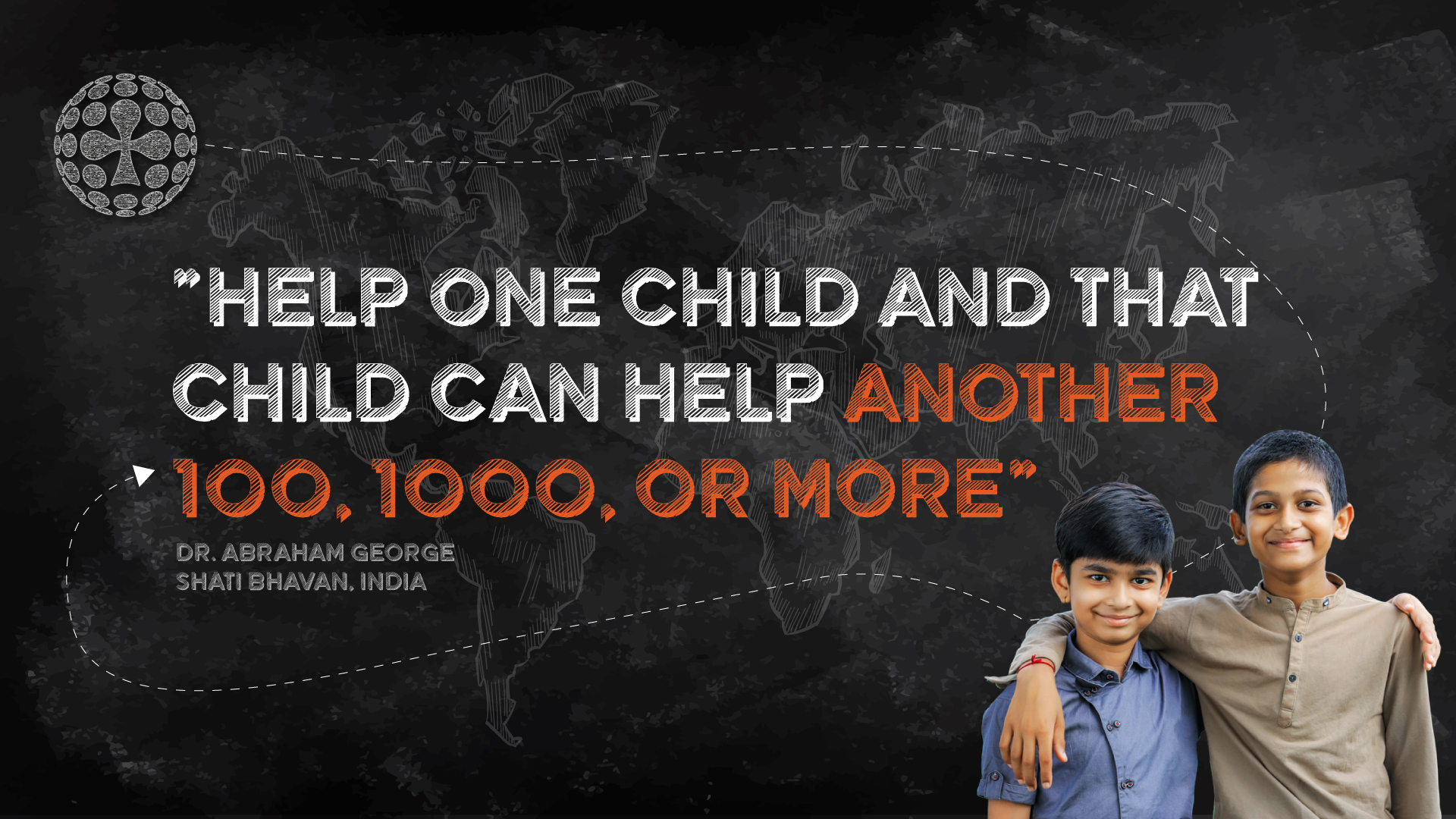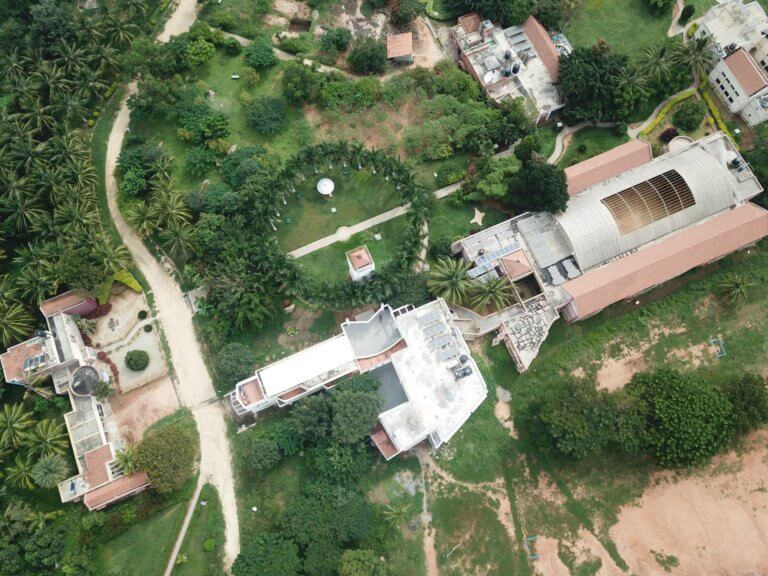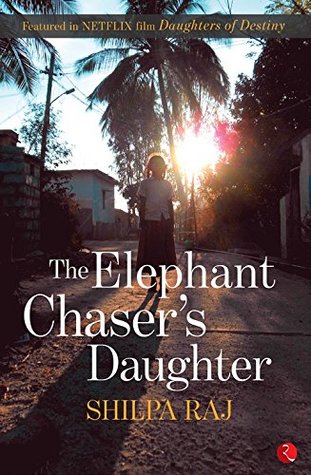
SOCIAL RESPONSIBILITY DONATION #1: SHANTI BHAVAN, INDIA
Over the next 2 years, All-in Global will donate €10,000 in total to 10 carefully selected organizations that help educate children in impoverished communities. Project Manager Elisavet Arkolaki will also tell the story of each organization, and first up is a residential school for the “untouchable” kids in Tamil Nadu in India.
Click here to read more about this social marketing initiative by All-in Global.
India is known for its rich linguistic heritage with 122 dialects and languages spoken by at least 10,000 people each. All-in Global is currently working with translators and content writers who are native speakers of Bengali, Hindi, Kannada, Marathi, Punjabi, Tamil, Telugu, and Urdu. The country is also known for tremendous economic growth in recent years, but prosperity and good fortune tend to accumulate at the very top. Access to education seems to go hand in hand with this. In a country where English is considered an official language and where it is the only language used to teach at university level, it’s been estimated that just 10% of the population can speak it fluently.
Caste system thriving in rural areas
Given the country’s linguistic diversity, there is no single, nationwide language of instruction in the Indian school system. While Hindi and English are official languages in India, instruction in schools is in reality conducted in a variety of local languages. This means basically that the language you speak at home and/or the one you’re schooled in can determine right from the start how far you can go when it comes to education. Without English language skills, one cannot reach too far. What makes things even more complicated is that there’s an extra layer that prohibits lower-income families from breaking out of poverty – the castes.
The caste system in India dates back thousands of years. The people were divided into four groups: the Brahmins, Kshatriyas, Vaishyas, and the Shudras, and below all of them came the Dalits or the so-called “untouchables”. They were considered inferior and impure. The constitution states that the caste system does not exist in India, but in the most remote and rural areas, in villages, the caste system is still a dominating feature. We hear children in “Daughters of Destiny” – a documentary series that covers the lives of a unique group of Shanti Bhavan kids – saying that an entire society thinks that they are less than human or below them by birth, which is the real struggle. It isn’t just economic but it is also social.
A vicious cycle and a visionary with a plan
That kind of established mindset leaves whole families and communities being stuck in a never-ending cycle of multi-generational poverty and with seemingly no way out of it. Life for low-caste villagers in rural India is a vicious cycle of oppression, kept in motion by illiteracy and lack of opportunity. And this is where a visionary man, Dr. Abraham George, enters the picture. He envisioned and created an institution for the poorest of the poor where they take 4-year-old children from rural villages and urban slums to offer them an opportunity. And to create future adults to be leaders of the society, leaders of the profession, and who will have the ability to carry many others with them – not just their families, not just their immediate communities, but many more.
Dr. George had been thinking for a long time about how to do this while he was still living in the US. After he completed his doctoral work in developmental economics at the NYU Stern School of Business, he worked for a bank, and after that, he started his own company. But he was getting impatient. “How long am I going to wait, uh, to do what I really wanted to do? And I said to myself; 50 is the deadline”, we hear him saying in the Netflix documentary series “Daughters of Destiny”. At the age of 49, he sold everything. His company was bought by a Fortune 500 company, and in 1995 he returned to India with the goal of making his contribution to reducing the injustices and inequalities he had observed. He bought eight acres of land on the outskirts of Bangalore, and created Shanti Bhavan, an one-of-a-kind free residential school to welcome, support, and educate in English “untouchable” children, all the way through till they graduate from college/university.

Help one child and that child can help another 100, 1000, or more
Dr. George’s way of thinking and approach is quite remarkable. He identified a problem and went creating a solution. Moreover, he wanted to help as many as possible through the most logical and most effective method he could think of. He said: “Most poverty programs, as far as I know, are targeting poor people to get them a job, they stay in the same hut, they are in the same social environment. They are unable to break out of it. There is prosperity in the country, but it goes to the top 10%. How can I break this? And I came to the conclusion that you have to multiply the multiplicative effect of your work. In other words, if you help a child, that child should help another 100 or 1,000 more, maybe a million more if you’re a national leader. And I thought that, if I focus on good care, loving care, and bring them up well with good values, and give them an excellent education and put them through good colleges, land great jobs, they will succeed.”
But, is it working?
The school Shanti Bhavan has now been operating long enough to see the first university and college graduates, and the results are not just inspiring but remarkable. I urge you to watch the documentary series “Daughters of Destiny” on Netflix and follow the journey of five students as they work to lift themselves and their families out of poverty.
Shilpa, who stars in it, has now completed her Bachelor in Journalism and Master in Psychological Counselling. Born into a poor rural village that engaged in brewing and selling homemade liquor, Shilpa witnessed crime, domestic violence, alcoholism, and indigence. Her father sent her away at the age of four to the brand new, back then, free residential school Shanti Bhavan. He hoped she would receive a good education, empowering her to live a life different from his own. In a village where girls are often married off at a young age with little to no encouragement to study, Shilpa is an inspiration. She recently published her first book, a memoir titled The Elephant Chaser’s Daughter, where she offers a first-hand perspective of what it is to be a part of the social underclass in modern-day India.

Maheshwari is the first in her family to receive an education, and she is now studying for her Master’s degree in Applied Genetics.
Rasiga, now starting her second year of college, shares in this video what it’s like growing up at Shanti Bhavan, what the school means to her, and how she’s studying to one day be a software engineer.
Vinceya graduated with a bachelor’s degree in Business Management from St. Joseph’s College of Commerce, Bangalore, and is now working on Amazon’s Product Investigations Team. Her dream is to build temporary shelters for the homeless, help them discover their talents, and teach them the skills to succeed. She believes that this will help them to live independently and with dignity.
Amrutha came to the school at the age of four from a home plagued by violence, and today she studies for her MBA.
Many of these children come from homes where they experienced traumatic situations, violence, hunger, the prospect of child marriage, and so much more. They had been given shelter, food, love, care, safety, friends, and a good education.
What I take out of it is that the big change starts taking shape within the children – how they learn to think for themselves, have a voice, change their worldview and their place in it. A teenage girl answered a question from one of the volunteer teachers during the documentary related to how they see themselves, and whether they are confused about living in two worlds, the harsh realities of home and the protective bubble at school: “So as a kid, when I went back, you’re always convinced that, okay, this is where I belong. And by everything that happens, that you’re in a segregated area of town, you just think, okay, maybe this is where I belong, what I’m supposed to do. But as you grow up you see the differences, and you see that it’s not where you belong, and you belong to where you place yourself.”
Two poems by the students
I will end this post with two poems written by Shanti Bhavan’s students as published on the school’s website here.
Two Worlds, One Me by Boovitha, written in 12th grade
Living through the darkness and wounds of alcohol
Swaying myself with breeze of hopelessness and impossibilities
Gliding through my path of uncertainty
At last it has to a stop . . .
This ecstasy of fumbling has come to an end
As I am reborn in this new second world.
Two worlds, one me
I choose the one taken by fourteen unique bonds
Creating a ball of happiness that is inevitable
Radiating throughout.
Love, dreams, live within me due to the spark
Created by one man.
Fears live no more in this world
The bond of affection . . .
The colours of talents
The sounds of laughter
The hope for a better future
The immense knowledge I yearn with great depth
All live together in these chapters of my life
I deeply acknowledge
My school, my home.
I am . . . by Ganga Prakash, written in 9th grade
I am from a sandy ground in Bangalore,
Fed by sweet food along with gobi.
I am from people repeating,
“You are a girl, stay in the house!”
Yet, I am the owner of smiles,
Raised by the loving rope and iron tied together.
The iron?
Nothing else other than my traditional parents and teacher.
And the rope?
It is my treasured trove of friends that helps me overcome situations.
As my life goes on, the ladder stretches into the sky.
Stretched so I could become that broadway actor,
Who would build a Shanti Bhavan and eradicate poverty,
By sharing my knowledge and helping a million more.
I am the light who keeps away from the dark.
But in my own way,
I believe that, I am the singer, the actor, the bravest woman
And the birth of happiness in the world.

